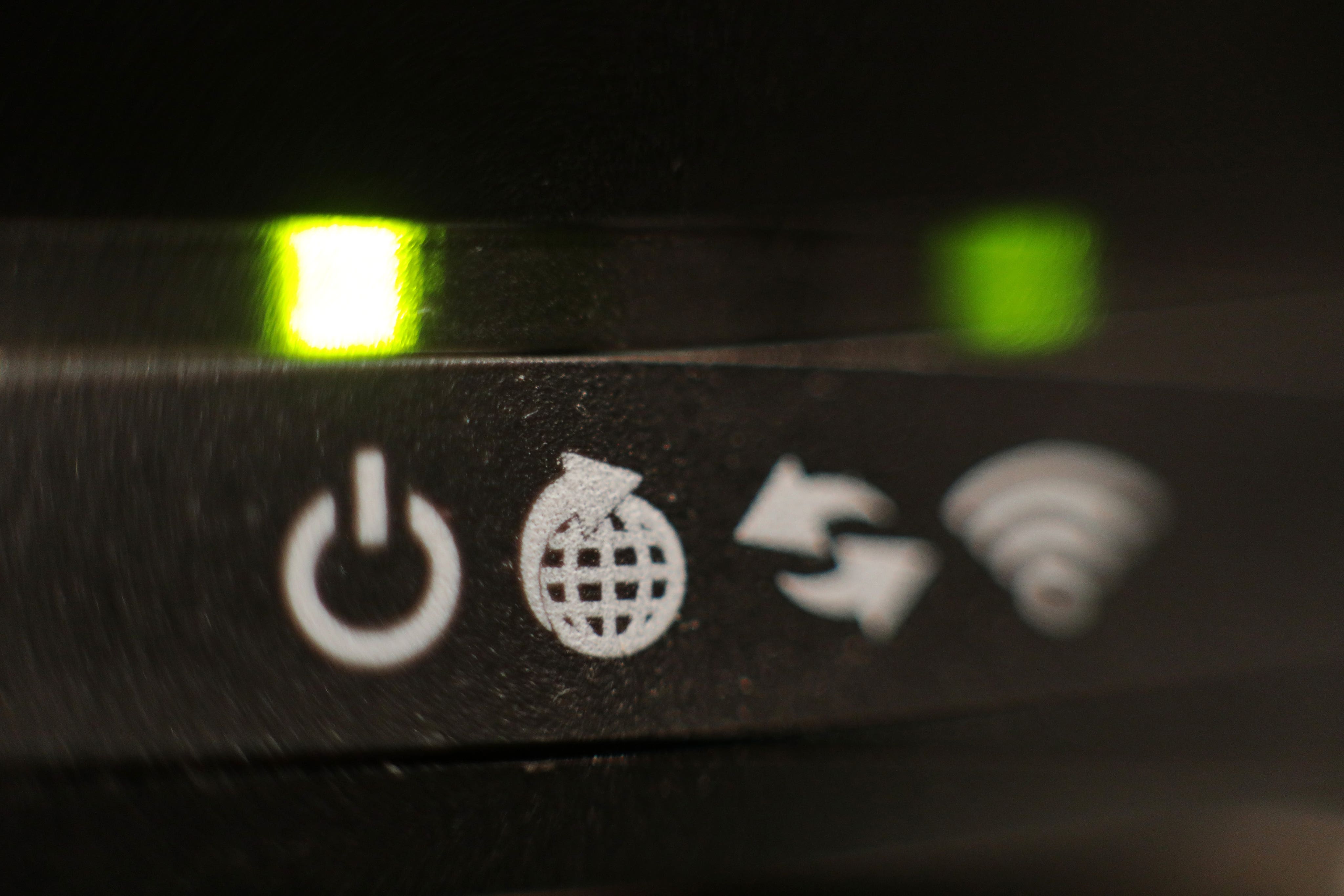'Massive discrepancy' in UK broadband speeds revealed as slowest and fastest streets are named

Broadband users in one road suffer a download speed 500 times slower than those in a street enjoying the UK's fastest speed, a study has found.
Cromarty Road in Stamford, Lincolnshire, has an average speed of 0.132Mbps, while Willowfield, in Telford and Wrekin, has registered speeds of 70.9Mbps over the past six months, uSwitch.com found.
Lincolnshire has three of the top 10 slowest streets for broadband in the country with speeds around 37 times slower than the national average of 9Mbps, the survey revealed.
Essex has four of the slowest streets in the UK but also boasts the third fastest - Cromwell Road in Southend-on-Sea.
According to the study, it would take Willowfield residents two minutes and 49 seconds to download a two hour film, and 11 seconds to download a music album, while Cromarty Road residents would need 25 hours and 15 minutes to download a two hour film, and one hour and 41 minutes to download the same album.
Lincolnshire's Burghley Road in Lincoln and Woodlands Drive in Colsterworth also registered "negligible" speeds of 0.259Mbps and 0.346Mbps respectively.
And uSwitch found those who live on Ledbury Road in Wellington Heath, Herefordshire, "would probably be better off sending snail mail than an email" with an average download speed of 0.192Mbps - the second slowest in the country.
The third slowest is Halsey Drive in Edzell, Aberdeenshire, where speeds of 0.25Mbps mean that downloading one song would take two minutes and 40 seconds.
The study found a wide variation in London speeds, with South View Road in Haringey having an average speed of 0.639Mbps.
Julia Stent, uSwitch broadband spokeswoman, said: "The massive discrepancy between the fastest and slowest streets in Britain shows what the Government is up against in its fight to drag Britain into the broadband fast-lane.
"These results show just how ambitious it is being in its bid to overtake the rest of Europe and haul Britain in line with the likes of South Korea and Singapore by bringing super-fast broadband to 90% of the UK.
"Rural parts of Britain in particular are still experiencing broadband speeds so slow that they might as well have no broadband at all.
"But worryingly, the Government's superfast broadband rollout is heavily geared towards urban areas, which will only widen the rural-urban broadband gap.
"It's concerning that the main aim isn't providing a decent broadband service to those areas still lacking basic broadband infrastructure and bringing acceptable average speeds to those in rural areas who have been forever languishing in the slow lane.
"However, most of Britain's slowest streets for broadband are not in particularly remote areas, but in small towns, nearer to exchanges and where we would expect to see higher download speeds across the board.
"Part of the problem is that Government funding for superfast broadband is being dished out to councils, who don't necessarily have a full view of the big picture."
She added: "Ultimately, anyone frustrated with their broadband service should test their speeds regularly online and compare the results to those of other broadband users in the same area.
"If the tests reveal that another provider is offering better speeds in your local area, consider switching."
A Department for Culture, Media and Sport spokesman said: "The Government's broadband roll-out will result in faster speeds for rural and urban areas alike, and is specifically designed to close the rural-urban broadband divide and promote economic growth. We are investing £530 million to roll out high speed broadband for rural communities.
"Government has worked very closely with local authorities and is confident that the plans they have put forward will allow us to reach our ambition to have the fastest broadband in Europe."
The five slowest streets for average broadband speeds are:
1 Cromarty Road, Stamford, Lincolnshire
2 Ledbury Road, Wellington Heath, Herefordshire
3 Halsey Drive, Edzell, Aberdeenshire
4 Burghley Road, Lincoln, Lincolnshire
5 Harwich Road, Clacton-on-Sea, Essex
The five fastest streets for average broadband speeds are:
1 Willowfield, Telford, Telford and Wrekin
2 Darwin Avenue, Allenton, Derby
3 Cromwell Road, Southend-on-Sea, Essex
4 Poplars Way, Beverley, East Riding of Yorkshire
5 Merkland Road, Aberdeen, Aberdeen City
:: uSwitch conducted 2,261,336 speed tests through its website between April and September 2012. Streets had to have at least 30 registered speed tests to be included.
PA
Read more on broadband speed
Join our commenting forum
Join thought-provoking conversations, follow other Independent readers and see their replies
Comments
Bookmark popover
Removed from bookmarks